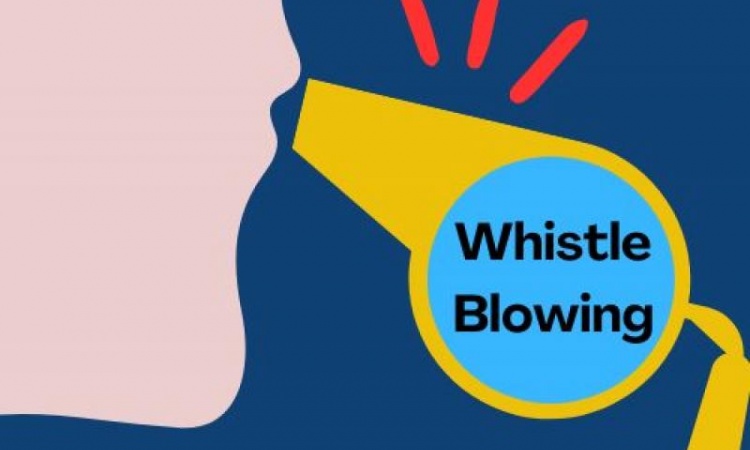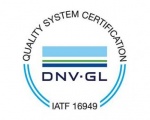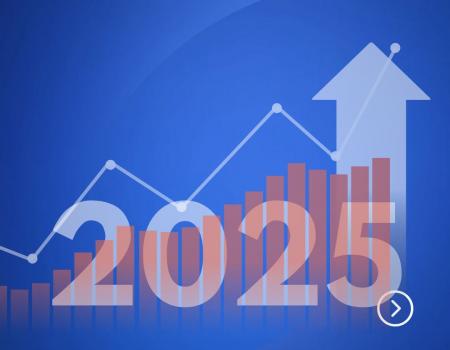
Whistleblowing
Our new software for Whistleblowing is now online
With Legislative Decree No. 24 of 10 March 2023, the EU Directive 2019/1937 concerning the protection of people who report breaches of Union Law (i.e. Whistleblowing Directive) was implemented in our legal system.
In order to implement the provisions introduced by the Legislative Decree No. 24/2023, a procedure has been adopted that provides clear operational indications regarding the subject, recipients, methods of transmission and management of reports concerning said breaches, as well as regarding the protection measures envisaged.
WHO CAN SEND REPORTS?
Reports can be sent, including but not limited to, by: employees, self-employed workers, associates, freelancers, consultants, interns, suppliers, shareholders or people with administrative or control functions of the group companies, such as members of the Board of Directors or of the Boards of Auditors.
WHAT CAN BE REPORTED?
The reports, which must be as detailed as possible, must concern breaches that fall within the scope of application of Art. 2 of the Legislative Decree No. 24/2023. The legislation defines as breaches all those behaviours, acts or omissions that are likely to harm the public interest or the integrity of the Company, of which the Whistleblowers have become aware within the working context relating to the company and any subsidiary companies.
Reports not falling within the objective scope of application of the legislation will not be taken into consideration.
WHAT REPORTING CHANNELS CAN BE USED?
- INTERNAL – via the EQS Group “Integrity Line” platform;
- External – established and managed by the National Anti-Corruption Authority;
- Public disclosure – e.g., through the press, electronic media or broadcast media capable of reaching a large number of people.
The choice of the reporting channel is not at the discretion of the Whistleblower, the internal channel must be used as a priority and, only when the conditions expressly provided for by the law are met, it is possible to make an external report or public disclosure. The use of public disclosure therefore represents a sort of last resort.
The Whistleblowing portal is structured in such a way as to guarantee the confidentiality of the identity of the Whistleblower, of the person involved, of the people mentioned in the report, as well as of the content of the report and the related documentation; it is also aimed at ensuring the protection of the personal data of the same subjects.
For this reason, it is recommended to use the IT platform exclusively.
ACCESS THE PLATFORM
WHO IS THE REPORTING MANAGER?
The management of the reporting channel and the verification of the validity of the circumstances represented in the report are entrusted to a Whistleblowing Committee within the Company, which verifies the facts reported in compliance with the principles of objectivity and confidentiality, including the possible hearing of the Whistleblower and of any other subjects who can report on the reported facts. For this purpose, the Committee can avail of the support and collaboration of external consultants or the competent company structures.
Protection of the Whistleblower and the Reported Party
Regardless of the reporting channel used, the protection and confidentiality of the identity of the Whistleblower and the Reported Party is always guaranteed, processing their data in accordance with the law and implementing any useful measure.
If the report turns out to be - due to wilful misconduct or gross negligence - false, unfounded and/or made for the sole purpose of harming the Reported Party, or aimed at reporting situations of an exclusively personal nature and outside the scope of the provisions of the law, it will not be taken into consideration. In the most serious cases (e.g. wilful misconduct in the false reporting), the conduct carried out may be the subject of disciplinary proceedings.





